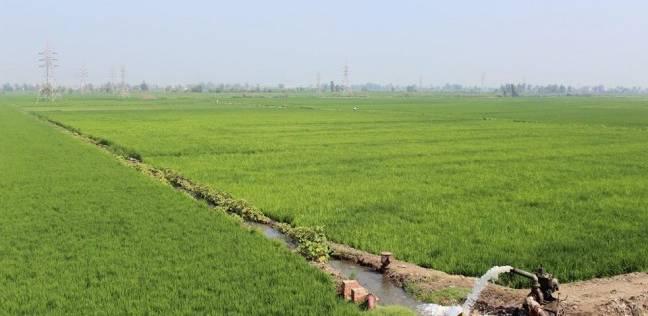Losses suffered in the agricultural sector in Khartoum

Sudan Events – Nahid Oshi
The former Minister of Agriculture and Livestock in Khartoum State, Dr.Taj El-Din Othman, revealed the effects of the war that broke out on April 15 last year on the agricultural sector in the state.
He said in an interview with Al-Ahdath: The war disrupted agricultural production and affected it to a large extent, as it destroyed and destroyed the sector’s infrastructure, which cost huge amounts of money to establish, and cost enormous technical and human efforts. It also stopped the process of development, modernization, and prosperity that took place in the sector. Taj al-Din added that the agricultural sector also lost the services of the private sector that it provided to farmers and producers. Such as farm supervision services, laboratory and disease diagnostic services, veterinary care, improved seed services, pesticides, and agrochemicals.
He pointed out that the damage to the modern and semi-modern sectors is greater and their losses are severe, “Therefore, returning them to work again requires huge resources and takes a longer time, perhaps extending to years in some sectors, because these sectors have large infrastructure and their cost is greater, and getting them back to work again requires technical effort.” He said.
In addition to the physical infrastructure of modern pumps, facilities, machines, equipment, etc., it possesses assets in the form of enormous genetic resources that have been localized and adapted over many years until they have high production capabilities in local conditions. Such as the modern dairy production sector, and improved goats.
“Also, the poultry industry sector has made great strides towards localizing the poultry industry and completing its many episodes. Therefore, such modern activities will not return to what they were before, and may require years of effort and hard work.” He said.
He stressed that despite the enormity of the disaster and the destruction that occurred, there is hope that the agricultural sector will once again produce and prosper.
He said that restoring the agricultural sector in Khartoum State to its previous state requires concerted efforts by federal and state government agencies. The burden also falls on the union and professional organizations of farmers and producers. “There must be a role for society, especially the media.” He added.
He called on the state to provide the necessary resources for rehabilitation, through loans and grants that are expected to come, in addition to facilitating local bank financing, and adopting supportive and stimulating policies for the sector.
“Farmers and producers must organize themselves and communicate with the competent authorities and organizations to attract aid and enlighten them about the problems and obstacles they face.They must also encourage their membership to engage in agricultural work and quickly return to production.” He said.



